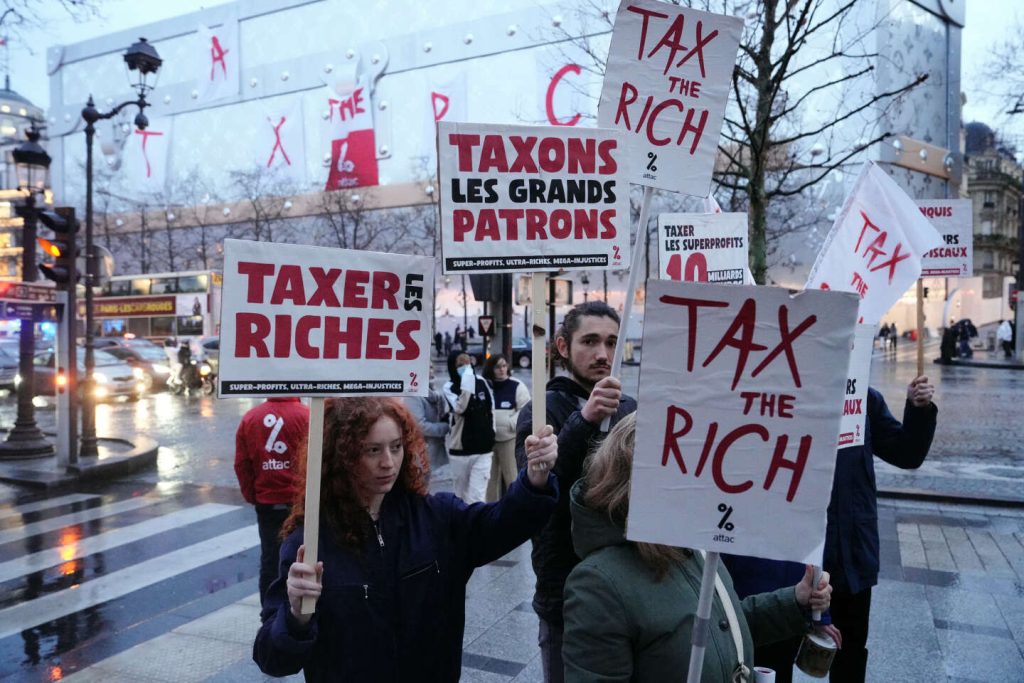Michel Barnier is planning to take an additional eight days to finalize the State budget for 2025. Oxfam is hopeful that this extension will provide an opportunity for the new Prime Minister to reform inheritance taxation, as recommended by the non-governmental organization in a note released on September 17th. As Barnier seeks to find billions of euros to curb the rising debt while also aiming for greater tax fairness, Oxfam’s proposals come at an opportune time. Taxing the inheritance of the ultra-rich could address both of these goals simultaneously, according to the UK-based NGO.
The idea of taxing inheritances of the ultra-rich is not new. Emmanuel Macron himself expressed a preference for taxing succession over wealth taxes in the past. Economists like Jean Pisani-Ferry have also advocated for a strong tax on large successions. However, Macron abandoned this idea after being elected, citing political risks. Oxfam is hopeful that Michel Barnier will be responsive to their reminder and consider implementing these changes.
From a financial perspective, taxing large inheritances presents a significant opportunity. Oxfam estimates that over the next thirty years, the French government could collect over 160 billion euros from the predictable successions of current French billionaires alone. Politically, reform in this area could address the growing concerns around the increasing weight of inheritance in society. A report published in 2021 by the Council of Economic Analysis (CAE) indicated that the share of French individuals’ wealth coming from inheritance has risen from 35% in the early 1970s to 60%.
The shift towards a society where inheritance plays a significant role raises concerns about equality, justice, merit, and social mobility. France has become a country where social mobility is stagnant and wealth, particularly in real estate, is concentrated in the hands of a few families. The wealthiest 10% of households held 47% of the total wealth in 2021, up from 41% in 2010. This trend has led to the sarcastic observation by Cécile Duflot that “the best way to become a billionaire is increasingly to grow up in the womb of a billionaire’s wife.”
In conclusion, the potential reform of inheritance taxation in France is seen as an opportunity to address both fiscal concerns and societal issues related to wealth distribution. Oxfam’s recommendations align with the goal of achieving greater tax fairness and reducing the concentration of wealth among a small number of families. It remains to be seen whether Michel Barnier will heed the advice of Oxfam and push for these changes in the State budget for 2025.


